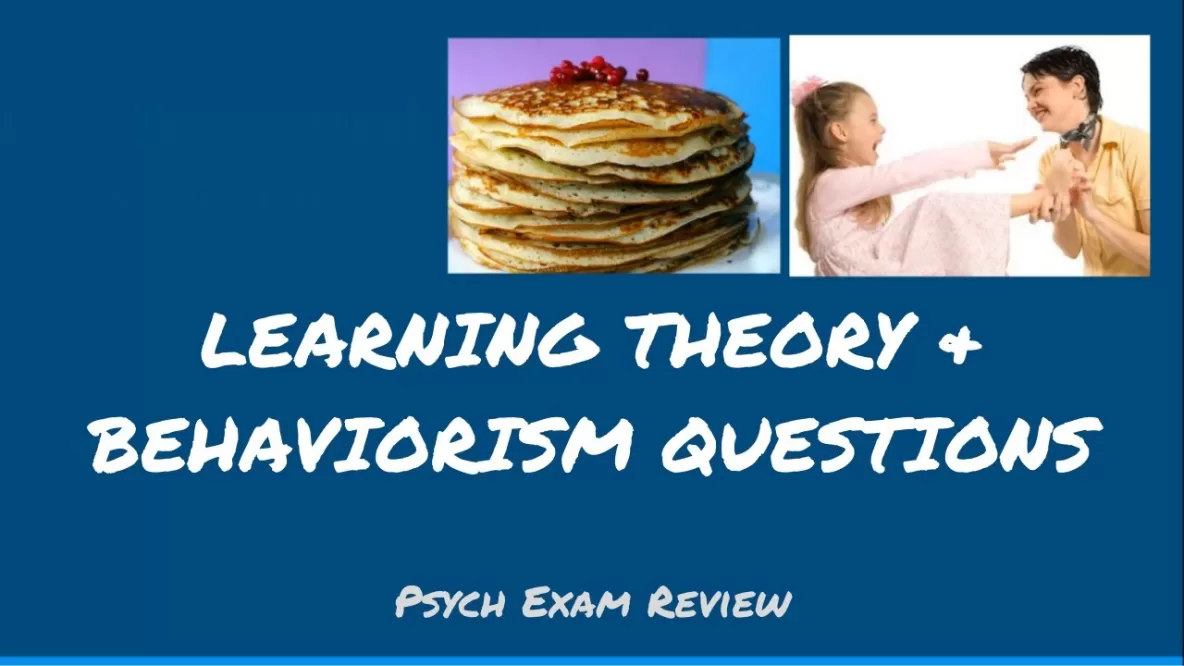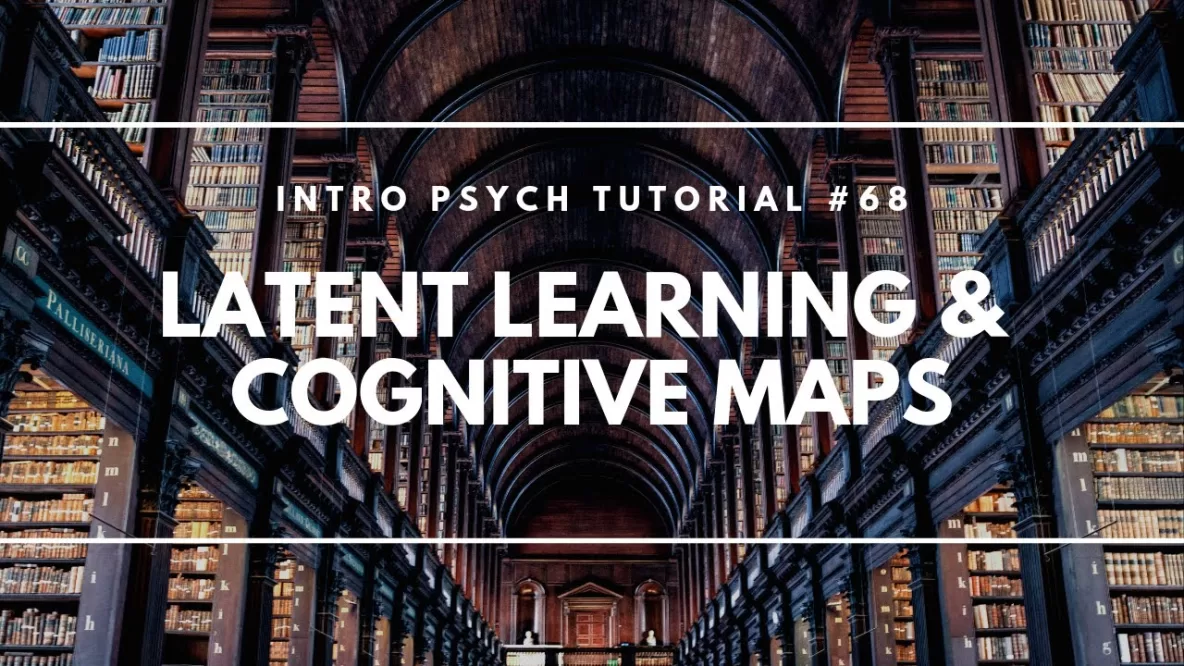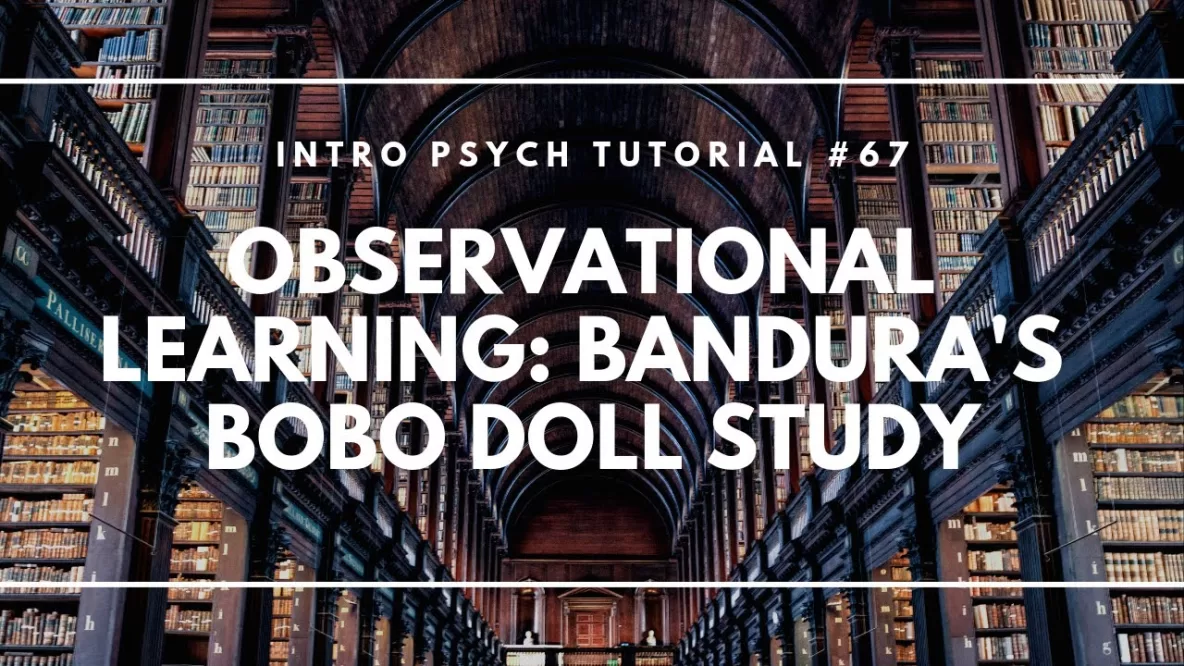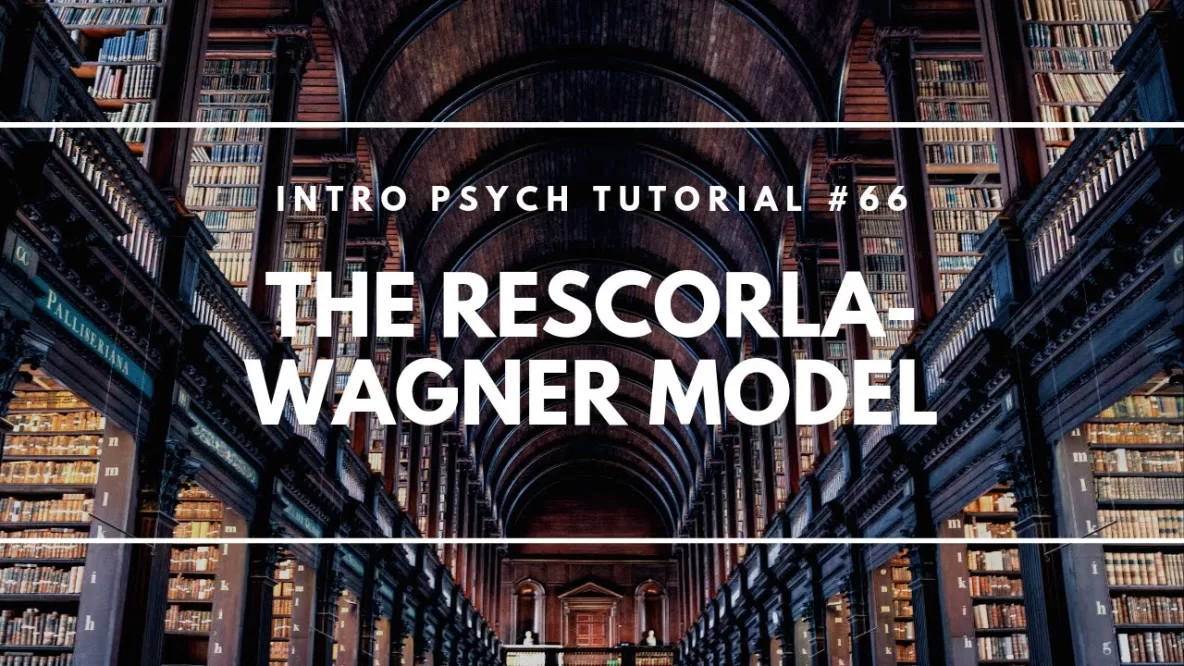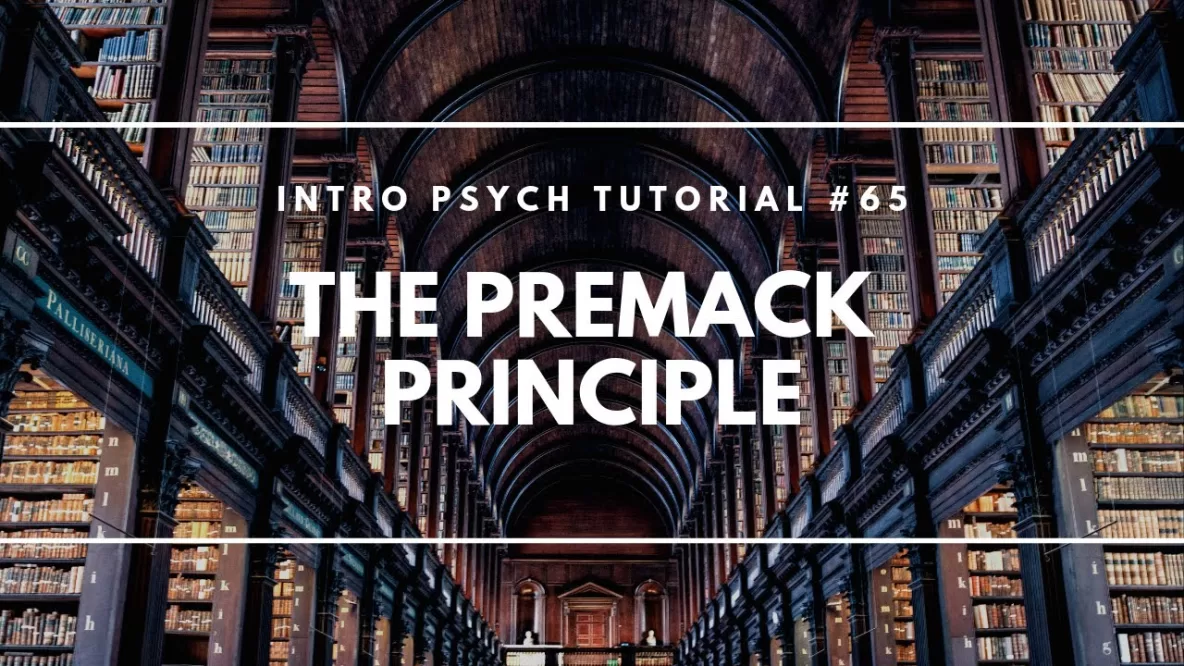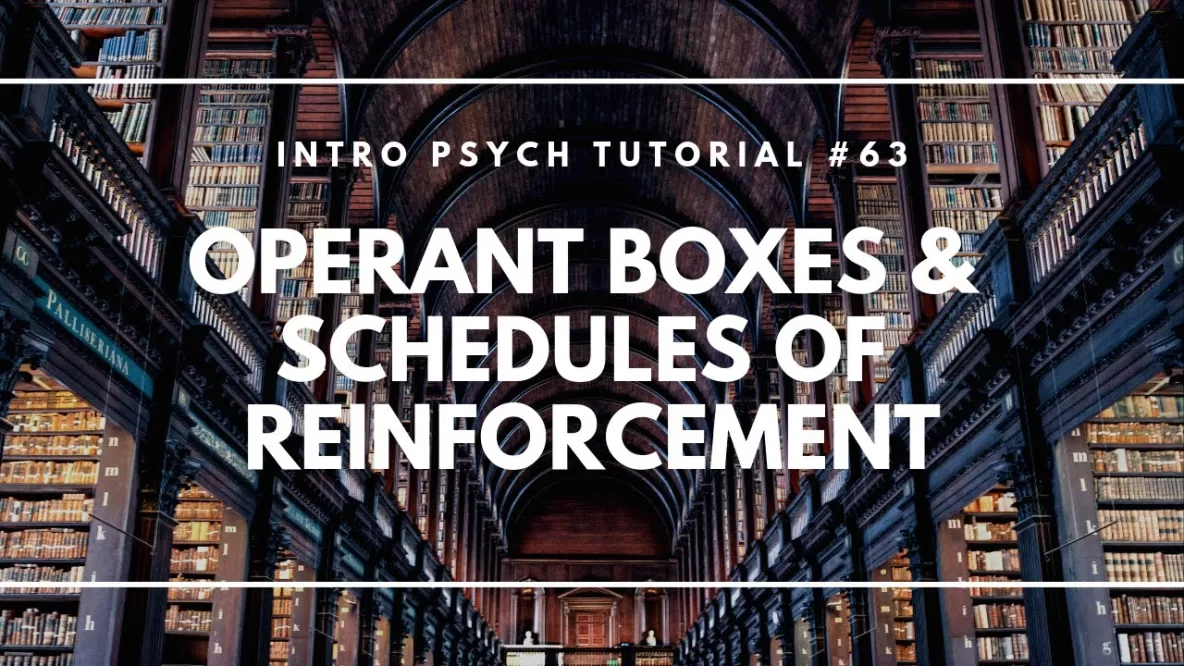The following video includes 10 practice multiple choice questions related to learning theory & behaviorism. I hope that these can help you to test and assess your own knowledge and provide practice retrieving the terms, ideas, and concepts that you’ve … Read More
Book Review: Powerful Teaching
Powerful Teaching: Unleash the Science of Learning by Pooja K. Agarwal and Patrice M. Bain I had been following @PoojaAgarwal on Twitter for some time before this book’s publication, was familiar with her site www.retrievalpractice.org, and had also heard her … Read More
Learning Theory & Behaviorism Knowledge Organizer
Here’s a knowledge organizer I’ve created of the most essential terms for learning theory and behaviorism in an introductory psychology course. These knowledge organizers are designed to help you identify the most important factual knowledge you need to have in … Read More
Abstract Learning & Insight Learning
In this video I describe abstract learning and insight learning as types of learning that both require internal cognitive processing. Abstract learning demonstrates how mental concepts and categories relate to stimulus generalization while insight learning demonstrates the use of mental … Read More
Latent Learning & Cognitive Maps
In this video I explain the concept of latent learning using two studies conducted by Edward Tolman and colleagues. Latent learning refers to learning that occurs without reinforcement and isn’t demonstrated until an opportunity arises. I also describe the idea … Read More
Observational Learning: Bandura’s Bobo Doll Study
In this video I explain Albert Bandura’s famous “Bobo Doll” study on observational learning and aggressive behavior. In this study, adults modeled aggressive playing behaviors with a Bobo doll which were then performed by children who had simply observed the … Read More
The Rescorla-Wagner Model
In this video I explain the basic idea behind the Rescorla-Wagner model or contingency model of classical conditioning proposed by Robert Rescorla and Allan Wagner. This model suggests that the reason Pavlov’s dogs associated the bell (rather than some other … Read More
The Premack Principle
In this video I describe the Premack Principle which refers to the idea that behaviors can be high or low probability which in turn means that high probability behaviors can serve as reinforcement for low probability behaviors. Don’t forget to … Read More
Chaining, Shaping, & Instinctive Drift
In this video I describe the how conditioning to be used to train more complex behaviors. This can be accomplished with chaining, which involves linking together previously conditioned behaviors, and shaping, which involves reinforcing successive approximations of a desired behavior. … Read More
Operant Boxes & Schedules of Reinforcement
In this video I describe the operant boxes used by Skinner (often called “Skinner boxes”) to study the relationship between different schedules of reinforcement and behavior. Then I describe 4 possible schedules of reinforcement including fixed-ratio, variable-ratio, fixed-interval, and variable-interval, … Read More
- Page 1 of 2
- 1
- 2

